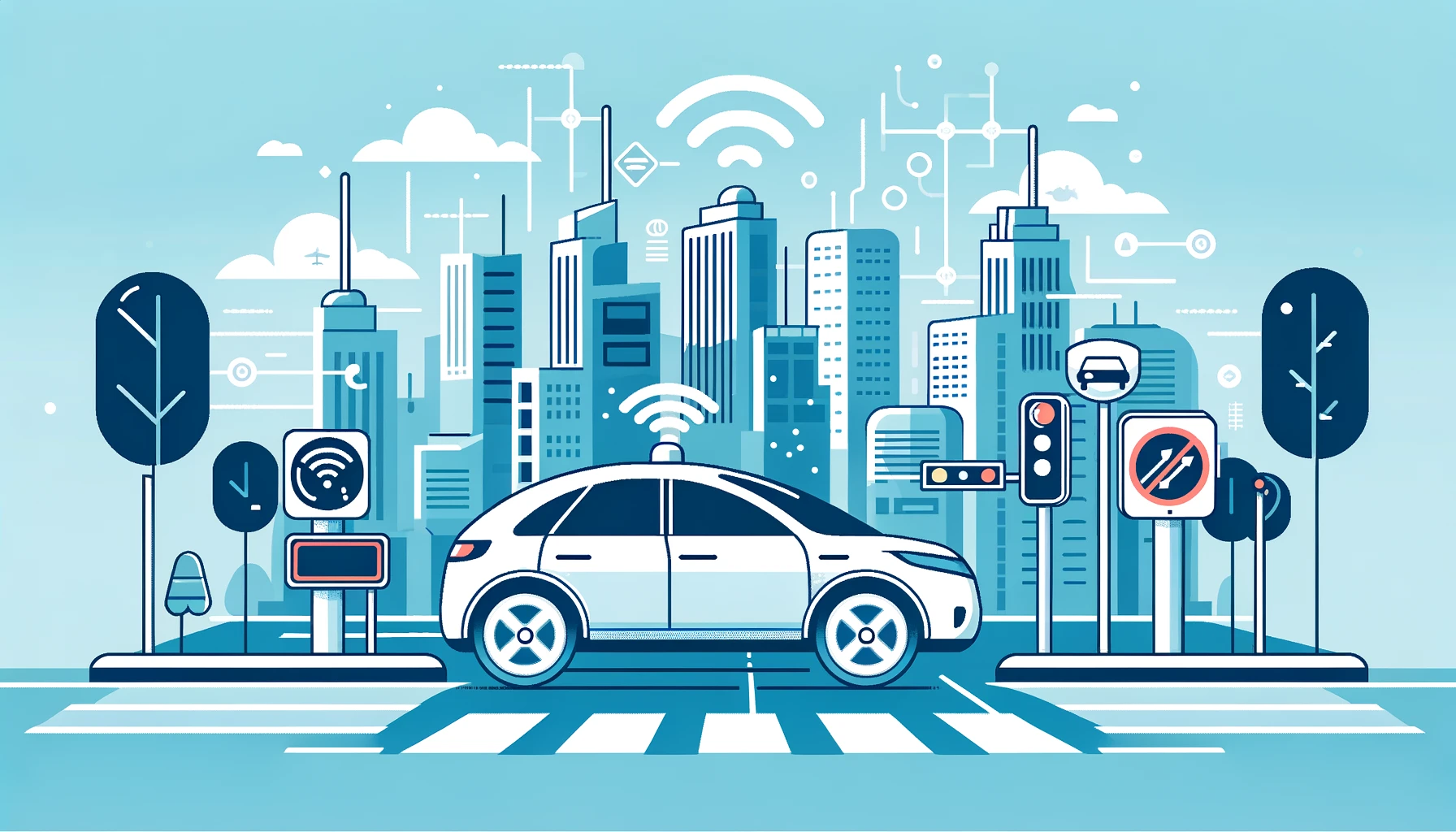
In a significant move to advance autonomous vehicle technology, China has granted approval to a select group of nine automakers to conduct tests on vehicles equipped with advanced autonomous driving technologies on public roads. This initiative, announced on June 4, marks a pivotal step in China’s strategy to expedite the integration and commercialization of self-driving cars.
The Industry Ministry’s statement reveals that the approved tests will feature level three autonomous driving technologies, involving both leading private automakers and major state-owned manufacturers. The participating companies include:
| Automaker | Type |
|---|---|
| BYD | Private |
| Nio | Private |
| Changan Automobile | State-owned |
| GAC | State-owned |
| SAIC | State-owned |
Additionally, fleet operators, particularly those in the ride-hailing sector, will also play a role in these tests, ensuring a broad application of the technology across different use cases.
To contextualize the significance of these tests, it’s essential to understand the five levels of autonomous driving, as defined by the auto industry:
- Level 1: Driver assistance features, such as cruise control, where the driver must remain engaged and monitor the driving environment at all times.
- Level 2: Partial automation, allowing the vehicle to control steering, acceleration, and braking, but requiring constant supervision by the driver with hands on the wheel.
- Level 3: Conditional automation, where the vehicle can handle most driving tasks, and the driver can take their hands off the wheel, but must be ready to intervene if necessary.
- Level 4: High automation, enabling the vehicle to perform all driving tasks under certain conditions without human intervention.
- Level 5: Full automation, where the vehicle can handle all driving tasks in all conditions without any human input.
Last November, China issued guidelines for a nationwide scheme to start accepting applications from companies aiming to introduce more fully autonomous vehicles for mass adoption. This plan allows drivers in the test vehicles to take their hands off the steering wheels, with automakers and fleet operators assuming responsibility for safety.
The Industry Ministry emphasized that this trial phase would lay the groundwork for the further commercialization of advanced autonomous driving technologies, although it did not provide specific details. Executives from the participating automakers have indicated that this initiative brings the industry a step closer to enabling level three vehicles to be sold to individual buyers and fleet operators.
Currently, at least ten automakers and suppliers, including technology giant Huawei and electric vehicle manufacturer Xpeng, offer level two autonomous driving capabilities in China. These systems still require an attentive driver with hands on the wheel to monitor the driving environment and intervene if necessary.
Tesla, another major player in the autonomous driving market, is also preparing to introduce its “full self-driving” (FSD) software to Chinese users within the year. Despite its name, FSD is classified as a level two system, which means it still requires driver supervision. However, Tesla’s CEO, Elon Musk, has repeatedly stated that more fully autonomous vehicles are on the horizon.
The approval of these tests is a clear indication of China’s commitment to leading the development and adoption of autonomous driving technologies. By involving a mix of private and state-owned manufacturers, along with fleet operators, China is ensuring a comprehensive approach to testing and eventual deployment.
- Broader Involvement: Inclusion of both private automakers and state-owned manufacturers ensures a diverse range of vehicles and technologies being tested.
- Safety Responsibility: Automakers and fleet operators are tasked with ensuring the safety of these tests, highlighting the importance of responsible development.
- Regulatory Support: The government’s proactive stance in issuing guidelines and approving tests demonstrates strong regulatory support for autonomous vehicle innovation.
- Market Readiness: These tests are a critical step towards market readiness, potentially leading to the sale of level three vehicles to consumers and businesses.
- Technological Advancements: Continuous advancements and testing will drive improvements in autonomous driving capabilities, ultimately benefiting the entire industry.
China’s approval for these autonomous driving tests represents a significant milestone in the global race towards self-driving cars. By fostering innovation and ensuring rigorous testing, China is positioning itself as a leader in the autonomous vehicle sector. As these tests progress, the insights gained will be invaluable in shaping the future of transportation, bringing the promise of safer, more efficient, and technologically advanced vehicles closer to reality.
This strategic move not only showcases China’s technological prowess but also sets the stage for a new era in automotive innovation. As the industry moves towards higher levels of automation, the potential benefits in terms of safety, convenience, and efficiency are immense. The successful commercialization of level three autonomous vehicles could revolutionize how we perceive and interact with transportation, paving the way for a future where self-driving cars are an integral part of everyday life.
Related News:
Featured Image courtesy of DALL-E by ChatGPT
